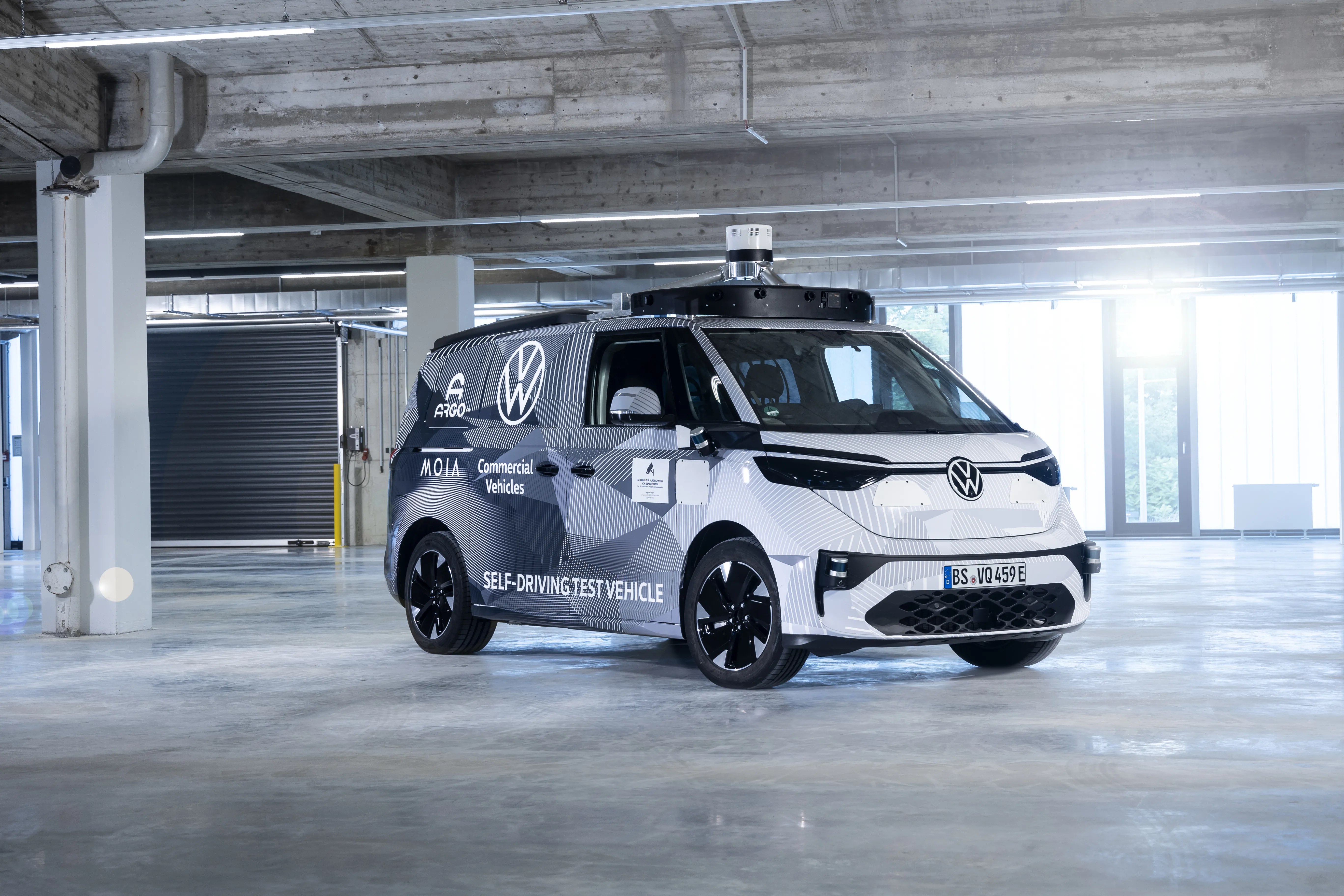Google has unveiled its first fully designed self-driving prototype, a two-seater vehicle that eliminates the steering wheel, accelerator, brake pedal, mirrors and glove compartment. The car is unable to travel faster than 25 mph, while software and sensors are designed to help the vehicle steer clear of accidents. Passengers simply input their destination and push a single button.
"The project is about changing the world for people who are not well-served by transportation today," said Google co-founder
May 29, 2014
Read time: 2 mins
"The project is about changing the world for people who are not well-served by transportation today," said Google co-founder Sergey Brin.
If the car should malfunction, the car has two sets of steering and braking systems, so if one fails the other can take over.
The company plans to build about a hundred prototypes and Google’s safety drivers will start testing early versions with manual controls. If all goes well, Google plans to run a small pilot program in California in the next couple of years and if the technology develops, it will work with partners to bring the technology into the world.










